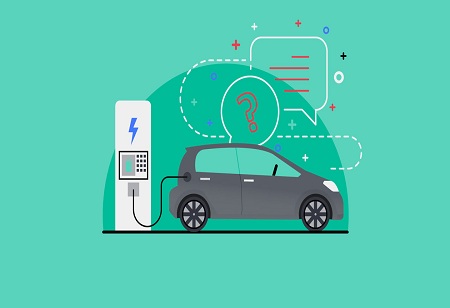The switch from petroleum to
electric cars is a critical step toward a net-zero future. According to the IEA's net-zero roadmap, more than 60% of passenger car sales worldwide must be electric vehicles by 2030 in order to achieve net-zero by 2050. That's 18 times more what EV sales are expected to be in 2020. Also, all automobiles must operate on electricity or fuel cells by 2050. Electric cars will be vital in the future to help reduce transportation emissions, but they will also lead to new mines.
Like solar panels, wind turbines and battery storage technologies, electric vehicles require a complex mix of metals, many of which have only been previously mined in small amounts. These include cobalt, nickel and lithium for batteries used for electric vehicles and storage; and rare earth metals for permanent magnets in electric vehicles.
An article by EY states that in the days to come, metals with relatively small markets (such as lithium, nickel, cobalt and graphite) are projected to explode in size as EV demand increases. In a scenario where 100% of vehicles are EVs, demand for metals, such as lithium and cobalt, is likely to be 20 times higher than today.
That being said, in this article lets understand, how the growth of the EV industry will transform the metal and mining industry in the near future.
Increased Demand for Battery Components
As the government and business sector invest heavily in electric vehicles, demand for EV parts such as batteries is likely to skyrocket. Different battery types may be utilized depending on the kind of EV. The minerals required for these batteries may vary depending on the cathode chemistry, but lithium, cobalt, nickel, graphite, and manganese are regarded to be the most important ingredients.
According to the International Energy Agency, an electric automobile requires six times the quantity of minerals as a typical gasoline car.
